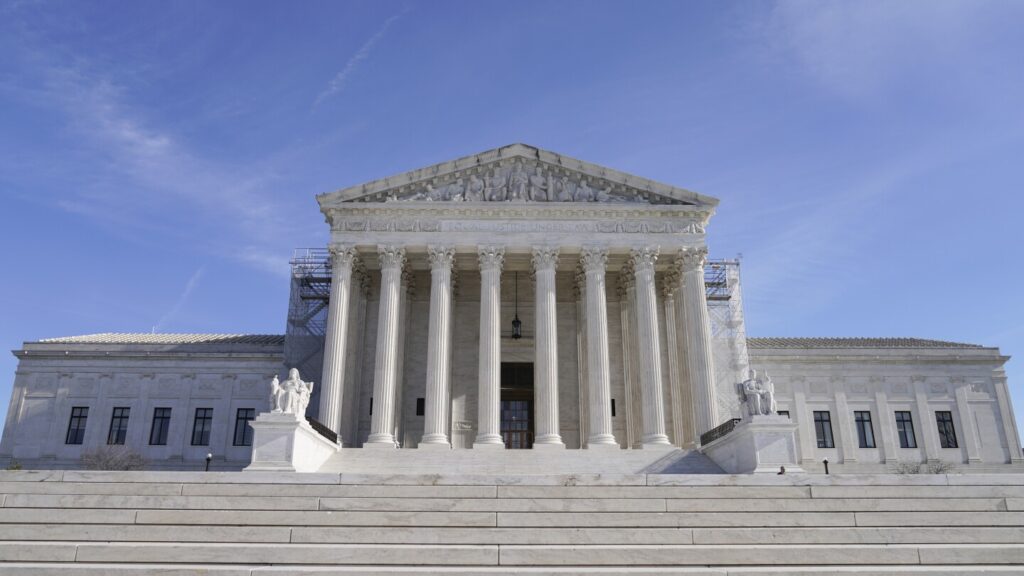President Donald Trump is optimistic about the Supreme Court hearing the birthright citizenship case, anticipating a favorable outcome. The case revolves around an executive order aiming to deny citizenship to children born on U.S. soil to parents in the country illegally or temporarily. At the core of the upcoming arguments is the debate over the authority of judges to issue nationwide injunctions, with both the Trump and Biden administrations expressing concerns about judicial overreach in such matters. Birthright citizenship, a long-standing rule enshrined in the Constitution’s 14th Amendment post-Civil War, automatically confers American citizenship to anyone born in the United States, including children of undocumented immigrants. If the court limits judges’ power to issue nationwide orders, restrictions on birthright citizenship may partially take effect in various regions, leading to a temporary patchwork of rules. The case is part of a series of matters the administration has urgently brought to the high court, including issues related to immigration like humanitarian parole and temporary protections for certain groups. Trump’s executive order, issued on his first day in office, represents a significant departure from the traditional interpretation of the 14th Amendment. The Supreme Court’s decision on this case could have far-reaching implications for the interpretation and application of birthright citizenship in the United States.
“Breaking News: Supreme Court Deliberates Trump’s Birthright Citizenship Order – Get the Latest Updates!”
May 15, 2025

From Associated Press
This site is supported by our readers, so if you’re able to help, consider becoming a paid supporter. https://www.patreon.com/YUGENEWS
